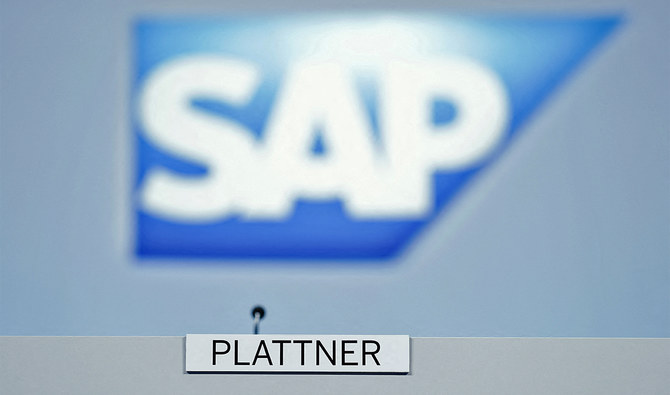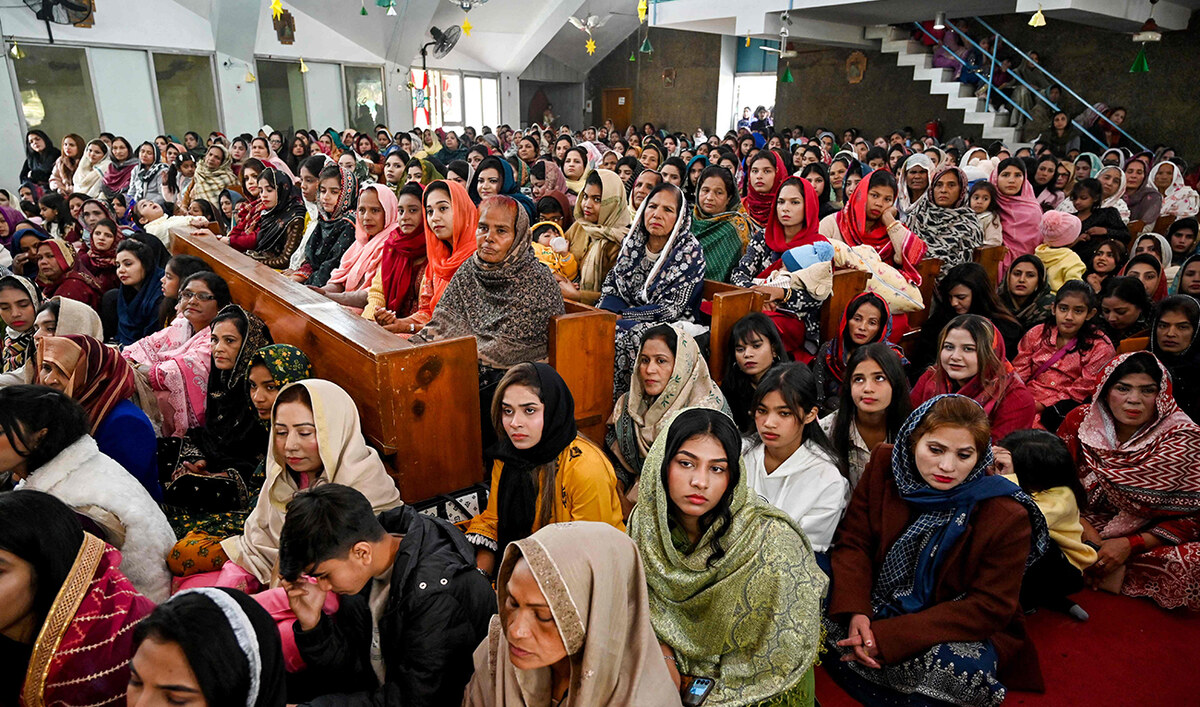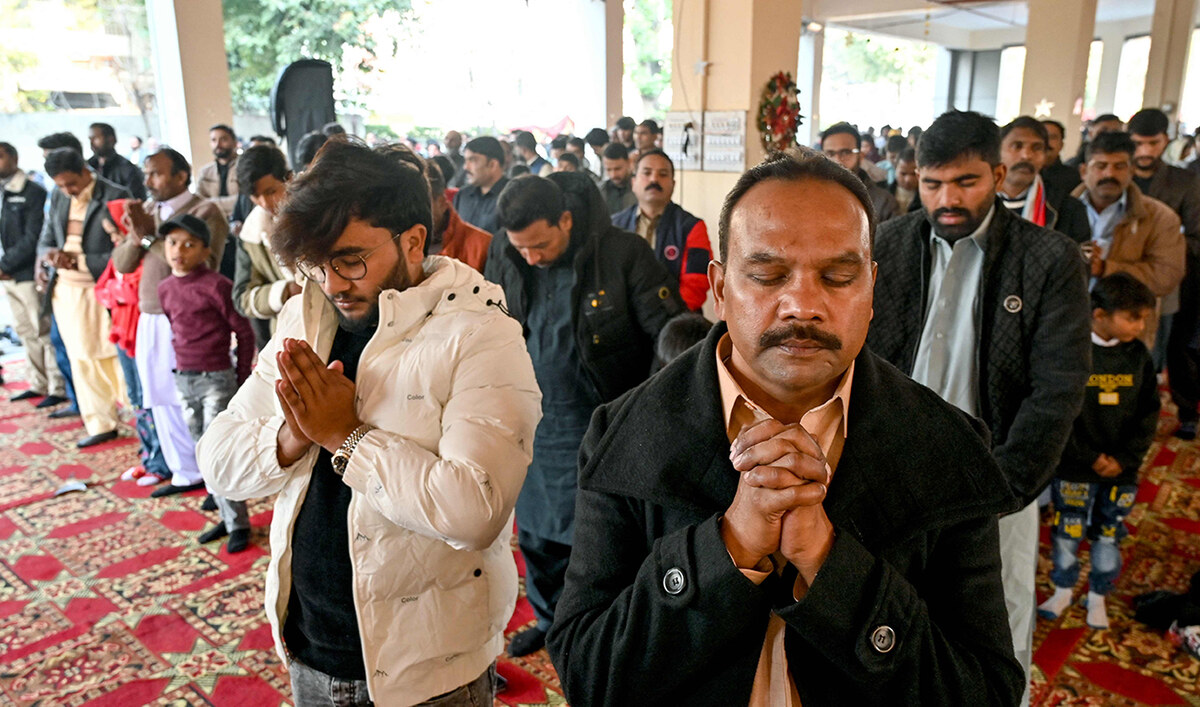KARACHI: German software giant, SAP, is introducing green solutions, including green ledgers, to cut down carbon footprint in the Middle East and Pakistan region to ensure and foster sustainability, the SAP regional chief said on Thursday.
Based in Walldorf, SAP develops enterprise software to manage business operations and customer relations. It ranks among one of the world’s leading enterprise resource planning (ERP) software vendors and publicly traded software companies by revenue.
The German firm collaborates with organizations, governments, and non-government organizations (NGOs) on a global scale to drive sustainability initiatives aimed at raising awareness, sharing best practices, and developing innovative solutions to tackle environmental challenges.
“SAP is doing its due role especially into the sustainability sector. When we talk about the Middle East region and the Pakistan region, we are coming up with clear green solutions, we are coming up with green ledgers, and climate-friendly solutions,” Saquib Ahmad, the SAP managing-director for Pakistan, Iraq and Afghanistan, told Arab News, on the sidelines of a media roundtable in Karachi.
Ahmad terming climate change was one of the major issues and his organization with global footprint was coming up with solutions that could help and improve lives of the people in Pakistan.
“I think it’s very important to understand that we are working with the Government of Pakistan, we are working with the private sector and trying to make and ensure that such solutions are getting implemented which can help the current climate target that we are looking at currently,” he added.
About the ongoing UN climate conference, COP28, in Dubai, the SAP regional chief said it was a very important factor that the conference was taking place in the region and making it visible “because climate change is hitting this region in a very, very important way.”
“I think we can already see the impacts that has floods, that has bang in Pakistan. We are also seeing overall forest fires. We are talking about overall quality index of the air and all this is impacting Pakistan,” Ahmad said, adding the top SAP leadership was also attending the ongoing COP28.
“We are talking about how this COP28 can help the Pakistan government and the people of Pakistan in better maintaining climate change that is hitting our lives on a day-to-day basis.”
Pakistan last year witnessed one of the deadliest monsoon floods, blamed on climate change, which killed more than 1,700 people, affected nearly 33 million and caused over $30 million losses. In recent years, the South Asian country has also experienced frequent forest fires in its northwestern and southwestern regions.
SAP works with the concept of ‘intelligent enterprise,’ wherein advanced technologies such as artificial intelligence (AI), Internet of Things (IoT) and analytics are harnessed to create more sustainable business models, according to the official.
These tools enable the German software giant to improve resource efficiency, reduce energy consumption and make informed decisions that contribute to sustainability.
Ahmad said technology enabled organizations to address gaps in physical infrastructure.
“It connects globally and ensures timely decisions to be implemented across the landscape,” he said. “Pakistan, being a developing economy, stands to gain strong competitiveness in the region through technological prowess, fostering connections and collaboration for positive environmental impact.”





















